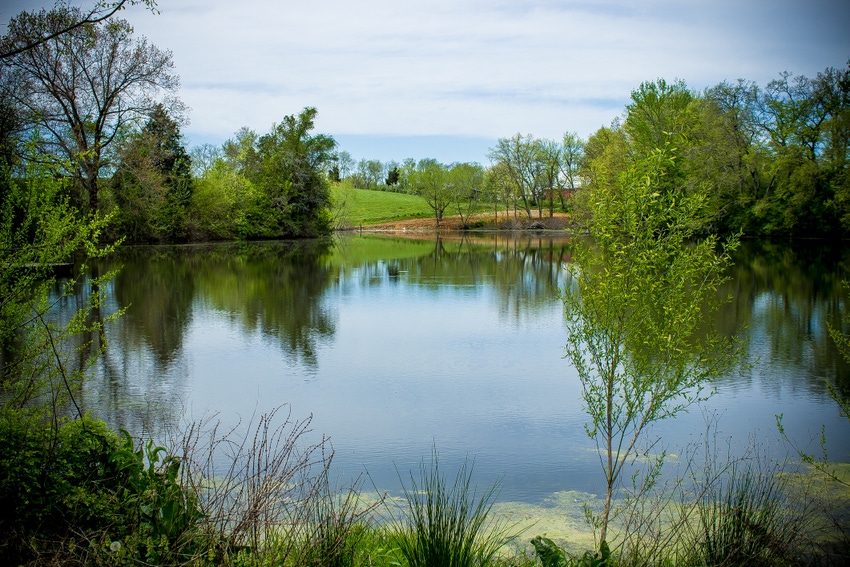
Farmers care about clean water. We want to preserve and protect the natural resources on our farms for our children, so they can pass it on to their children. We have a vested interest in protecting the land and water because most of us want our farms to stay in the family for future generations.
EPA released a new proposed clean water rule to replace the flawed 2015 “waters of the U.S.” rule. The details will take some time to sort out—and there may be room for improvement on the latest proposal. But there’s no question that this is good news for farmers who have faced a tangled web of confusing and unclear rules that have left us uncertain of whether we can even farm our own land.
(Editor's Note: Mr. Wooten is president of the North Carolina Farm Bureau.)
The 2015 WOTUS rule was so broad and vague that a farmer would have no idea whether any ditch, swale or pond on his or her farm was subject to federal regulation. But the uncertainty with this regulatory program goes back decades. The U.S. Supreme Court has attempted several times to untangle the complicated nature of this program to no avail. Meanwhile, farmers across the nation have been cited and fined for doing things as commonplace as plowing a field or switching crops, just because rainwater drains across the field.
Federal regulations shouldn’t be a game of gotcha. Landowners should have fair warning of what activities are regulated and what landscape features are protected as “waters of the U.S.” A farmer should be able to look across his or her farm and be able to tell what is and isn’t a federally regulated waterbody. We shouldn’t have to hire a team of lawyers, environmental engineers and consultants to help us guess whether we can farm our land.
Many farms have been in the family for three, four, five and six generations or more. North Carolina has a Century Farms program, which recognizes farms that have been in the same family for more than 100 years. There are over 1,800 such farms in our state, and at least 37 that have been in the same family for 200 years.
This says a lot about farmers’ incentives to protect the natural resources on their land. We want to protect the land and water resources on our farms because we want to leave something of inherent and lasting value for generations to come. It doesn’t end with us. We want to leave behind more than a business, we want to leave a legacy.
Farmers support clear rules that will protect water quality in our nation’s waterways. Thankfully, the proposed new rule provides more clarity so North Carolina farmers can do the right thing: comply with the law, protect the environment, and grow the crops and raise the animals that feed our people and our economy. We are encouraged that EPA has proposed a new clean water rule aimed at providing a clear and reasonable definition of “waters of the U.S.” and protecting our nation’s water resources for future generations.
About the Author(s)
You May Also Like




